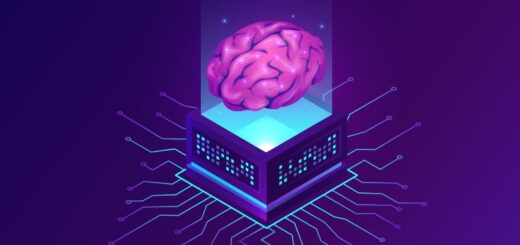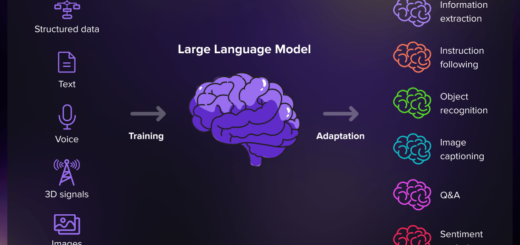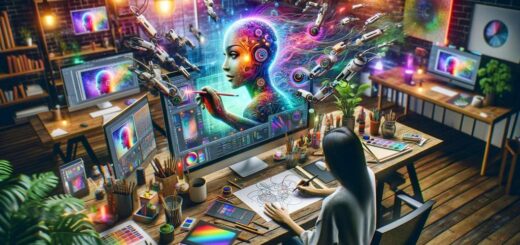The Evolution of AI-Powered Personalized Learning Systems
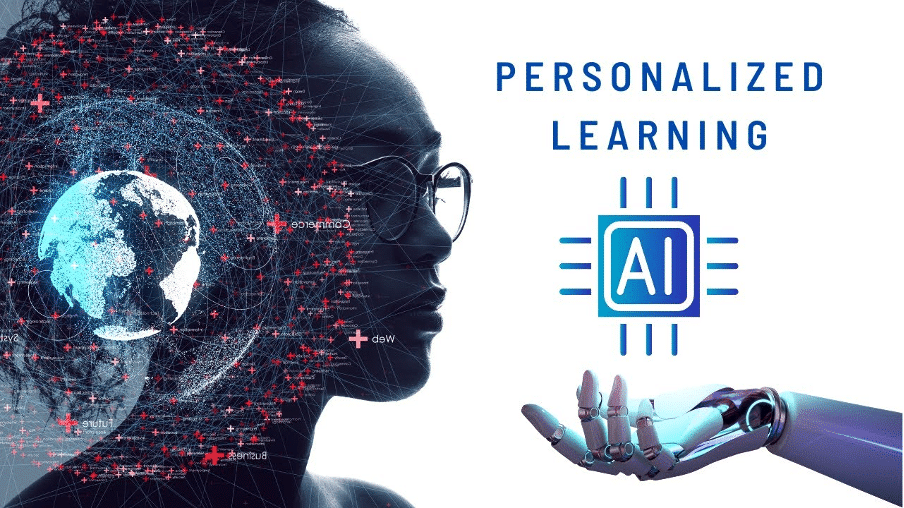
Education has long been structured around fixed curriculums, standardized testing, and traditional teaching methods, often leaving little room for personalization. While online learning platforms have introduced flexibility, they have struggled to adapt to individual learning styles, pace, and knowledge gaps. However, in December 2024, AI-driven personalized learning systems took a significant leap forward, revolutionizing the way students and professionals acquire knowledge.
The latest advancements in adaptive AI tutors, real-time curriculum customization, and multimodal learning AI were now enabling fully personalized education experiences, adjusting dynamically to each learner’s strengths, weaknesses, and preferred learning methods. AI was no longer just a supplementary tool in education—it was becoming a fundamental driver of individualized, efficient, and engaging learning experiences.
How AI Was Reshaping Personalized Learning
Traditional learning environments often relied on fixed lesson structures, general-paced curriculums, and static content delivery, making it challenging for students with different learning speeds and preferences to keep up. AI-driven education platforms introduced a new era of personalized learning, allowing students to:
- Receive real-time learning adjustments – AI models dynamically adjusted lesson difficulty, pacing, and teaching methods based on learner performance.
- Engage with multimodal AI-powered instruction – AI-enabled platforms integrated text, video, interactive simulations, and gamified learning experiences, catering to different learning styles.
- Get instant AI-powered feedback and tutoring – AI-driven virtual tutors provided real-time explanations, progress tracking, and personalized study plans.
These advancements eliminated one-size-fits-all education, making learning adaptive, efficient, and tailored to each individual.
Industries and Sectors Leveraging AI-Powered Learning
AI-driven personalized education systems were being rapidly adopted in multiple fields where continuous learning and skill development were essential.
1. AI in K-12 and Higher Education
- Schools and universities integrated AI tutors that adapted lesson plans based on student comprehension levels.
- AI-driven exam preparation tools predicted weak areas and suggested targeted revision materials.
2. AI in Corporate Training and Professional Development
- Businesses adopted AI-driven training modules to reskill employees with adaptive courses, ensuring workforce readiness.
- AI-powered leadership coaching and career development tools provided personalized growth pathways based on employee performance and goals.
3. AI in Language Learning and Skill Acquisition
- AI-driven language platforms offered real-time speech recognition and pronunciation analysis, enabling faster fluency development.
- AI-assisted creative skill-building applications personalized coding lessons, music training, and digital art courses based on user progress.
These applications demonstrated that AI-powered personalized learning was not just improving education—it was reshaping knowledge acquisition in every field.
Challenges and Ethical Considerations in AI-Driven Learning
Despite its potential, AI-powered education tools faced several challenges that required careful implementation and oversight.
1. Data Privacy and Learning Analytics Security
- AI-driven learning platforms collected massive amounts of student performance data, raising concerns about data privacy and ethical usage.
- Educational institutions implemented strict AI governance policies to ensure student data remained secure and confidential.
2. Bias and Fairness in AI-Generated Learning Paths
- AI models could inadvertently reinforce biases by recommending career paths or educational content based on incomplete or skewed datasets.
- Developers worked to train AI models on diverse learning patterns, ensuring fair and inclusive educational experiences.
3. The Role of Human Educators in AI-Enhanced Learning
- AI-driven education tools sparked debates on whether AI should fully replace traditional teaching methods or serve as an enhancement.
- Many institutions adopted hybrid models, combining AI-powered personalization with human educators for mentorship and guidance.
Addressing these challenges was essential in ensuring AI-powered learning remained equitable, secure, and beneficial for all learners.
What’s Next for AI in Personalized Learning?
With AI-driven education rapidly advancing, the next wave of innovations was expected to include:
- AI-powered real-time knowledge assessment – AI models would soon be able to evaluate comprehension instantly, adjusting content dynamically during a lesson.
- AI-driven fully immersive virtual learning environments – AI-generated virtual reality classrooms would enable interactive, hands-on education in subjects like engineering, medicine, and science.
- Lifelong AI learning companions – Future AI-driven education platforms would act as long-term personal learning assistants, continuously adapting as users advance through their careers.
These innovations positioned AI as a fundamental pillar in the evolution of education, making lifelong learning more accessible and effective.
The Future of AI-Enhanced Education
The rise of AI-powered personalized learning systems in December 2024 marked a turning point in how education, training, and skill development were approached. Instead of rigid curriculums and static teaching methods, learners were now engaging with fully adaptive AI-driven education models that tailored learning experiences to individual needs.
However, as AI continued to shape education, ensuring transparency, fairness, and responsible data usage remained critical challenges. Moving forward, AI’s role in education would be defined by its ability to enhance human learning rather than replace traditional teaching altogether.
